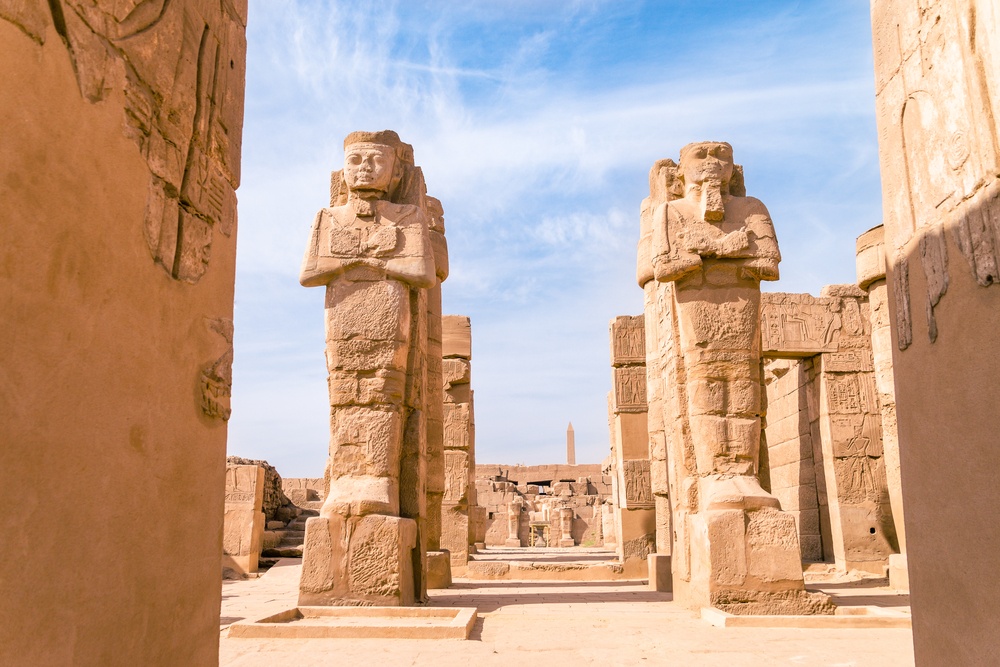Mythology, Cosmology, and Symbolism of Ancient Egypt, Part 1 of 2: An Interview with Egyptologist, Dr. Edmund Meltzer A Guest Blog Post by Bonnie Bright, Ph.D.
Ancient Egypt taps into the power of the mind’s eye. With its soaring pyramids, sacred tombs, complex hieroglyphs, ancient temple walls, legends of exotic pharaohs, and colorful pantheon of gods, it is easy to be captivated by the landscape of a culture that richly and deeply stirs the imagination.
Egyptologist Dr. Edmund Meltzer had a ”predilection for ancient things and the distant past” from a very early age. His supportive parents nurtured his interests with books about ancient civilizations and mythology. Growing up in New York City, he had easy access to the Brooklyn and Metropolitan Museums, and to excellent second-hand bookstores where he browsed relics and acquired a wide assortment of contemporary and antique Egyptological books. He began to study hieroglyphs, and decided he was going to be an Egyptologist by the time he entered high school.
Through his undergraduate and graduate studies in Near Eastern Languages and Studies, as well as American archaeology, Edmund met librarians, professors, scholars, and other Egyptologists who strongly influenced his passion. His long and illustrious career includes work in Egypt as a site supervisor on the Akhenaten Temple Project–East Karnak Excavation, as well as being a researcher, teacher, fellow, journal editor, professor, and tour lecturer. Among his many achievements, he has authored a large body of scholarly publications, many of which can be found online.
Pacifica Graduate Institute recently invited Edmund to teach in the Mythological Studies program. He graciously shared his prolific knowledge and discussed the fascinating ancient past of Egypt and the Near East with me in a written exchange.
Read More












